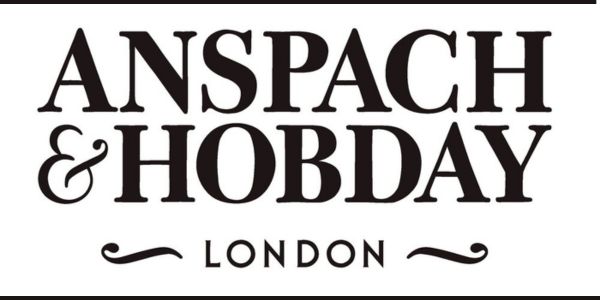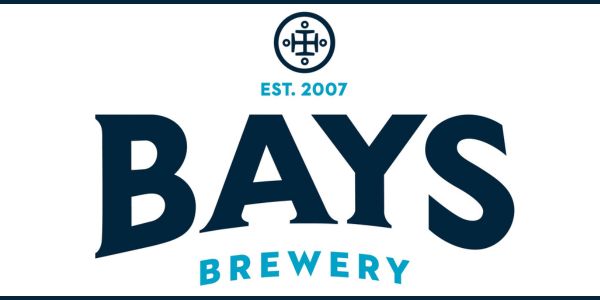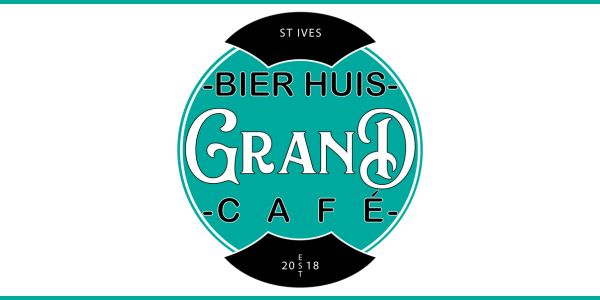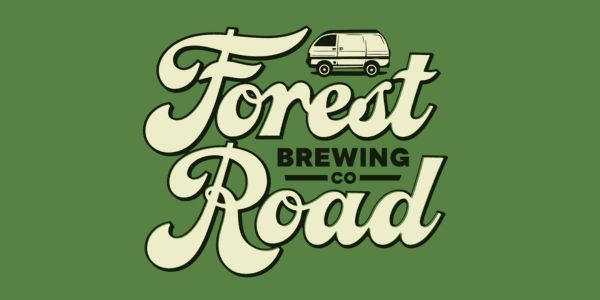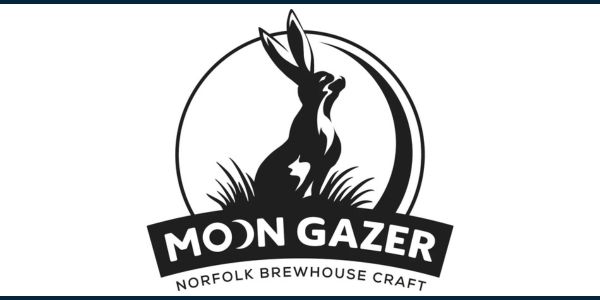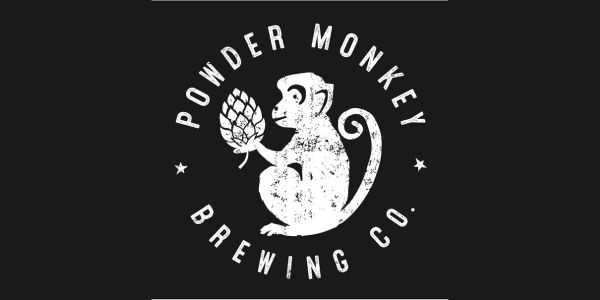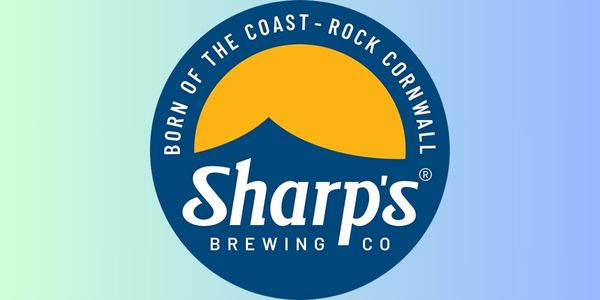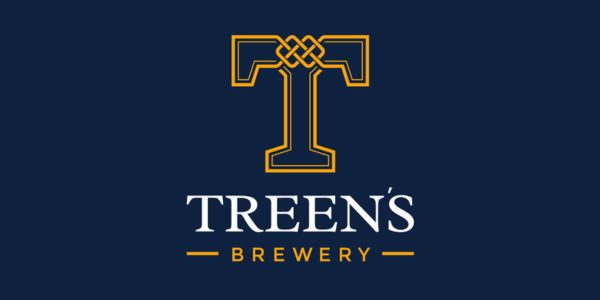You’d think as a beer aficionado a love of lager would come with the territory, but to be honest it’s never been my favourite style.
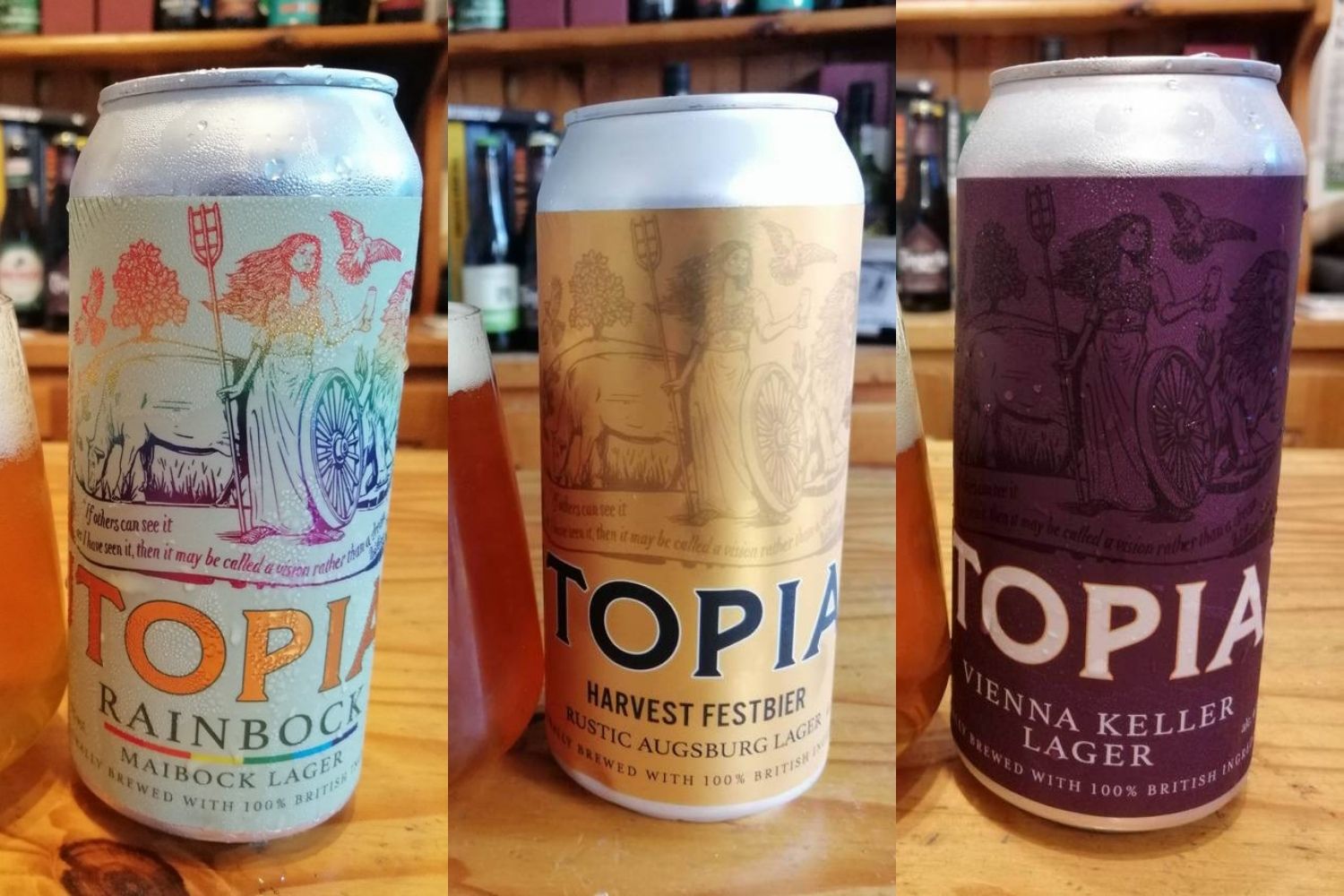
I’ve been dragged along on the IPA wave like so many others, while at the other end of the spectrum a rich, dark, deep imperial stout, preferably barrel aged, excites me like a toddle with a new toy.
When I used to work in the Coastal Brewery bottle shop, the Oktoberfest beers — Augustiner, Hofbräu, Löwenbräu et al — and while I could appreciate their quality, I was far more excited by the other stock, comprising mainly Belgian classics. Oh, and Big Al’s own IPAs and stouts, of course!
The tide started turning when I attended a Zoom tasting with Bristol’s Lost and Grounded Brewery in February this year. Indeed, that evening, co-founder Annie Cements recalled how so many people start Untappd reviews of their lagers with the words: “I don’t usually like lagers, but…”
We tasted their flagship Keller Pils, and their new Helles. Both were delightful, and both introduced me to flavours I didnt realise I would enjoy. Beautiful malt notes, herbal and spicy contental hops.
Fast forward to October, and I’m back on Zoom. This time, with Jeremy Swainson, head brewer at Utopian Brewing, in Devon, and Rich Archer, co-founder and managing director. The occasion is the tasting of their first Oktoberfest beer. But, this being Utopian, this is not going to be straightforward.
All British ingredients
Utopian have an unusual, unique brewing proposition. They make traditional continental lager styles using wholly British ingredients. And I tell you what. They’re bloody good at it.
For Oktoberfest, Jeremy came up with Harvest Festbier (5.5% ABV), and after studying a 19th century brewing textbook he alighted on the idea of recreating a rustic Auburg lager. “We are a lager brewery, so we are expected to do an Oktoberfest beer,” he noted. “And we are committed to making the best lager that we can.”
The malt notes are out oft this world, creating a beer that’s chewy but not heavy. Not suprising after a 12-hour — yes, 12 hour —mash. The entire brew time was 5am until 1am the next day! “It’s a decoction mash on steroids,” says Jeremy. Decoction involves taking some of the mash away to boil before returning it to the main mash. There are many flavour compunds produced, with plenty of caramelisation, which suits my palate fine.
It seems a key part of the process is working with the maltsters, like a butcher working with farmers. How they malt the barley can make such a difference to a beer. But there’s a hint of woddiness, and some spice, too. English Fuggles add gentle bitterness, that’s welcome after the sweetness. But as Rich says: “By the nature of what we do a lot of our beers are malt forward.”

